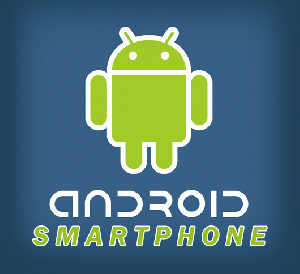Crowdsourcing
Overview
Crowdsourcing is the delegation of open source software
Open Sourcing and Ethical Conflicts
The Android Operating System is powerful and accomplishes many technological tasks and benchmarks with relative ease. The release of Android's open source code under a free software licensing system called Apache has allowed third party programmers to manipulate, revise, and innovate new applications for the Android Operating System and Android mobile markets. The open sourcing of Android's operating system lets programmers and developers tweak and make changes to Android's specifications. While the community of developers working on Android has produced revolutionary applications for Google's growing share in the mobile market, the conflict of ownership and patenting will become more of a problem. For example, the Android OS's ability to hold multi-core processors allows for advanced program capability, storage, and availability. If a developer were to enhance the processing ability of Android 2.2, would Google have a patented share or would the developer have full control and ownership? Third-party developers are beginning to wonder though whether or not their programs and applications will be unique and owned by the creator, or if Google will authorize a policy in which they can patent or control a share of all profits from third party development of Android Operating System programs and applications.
